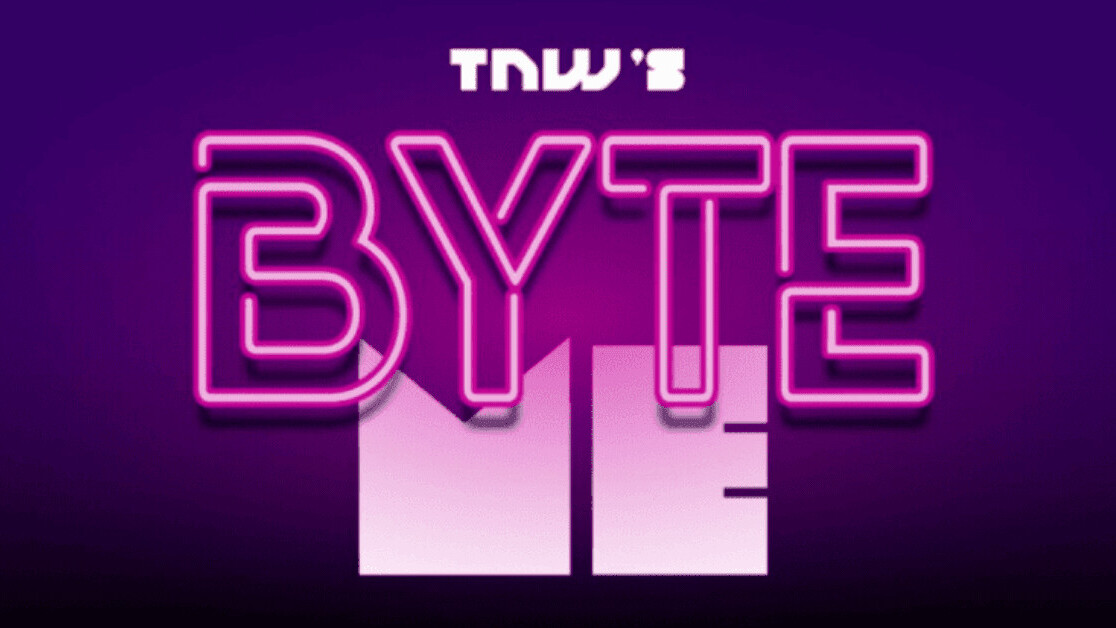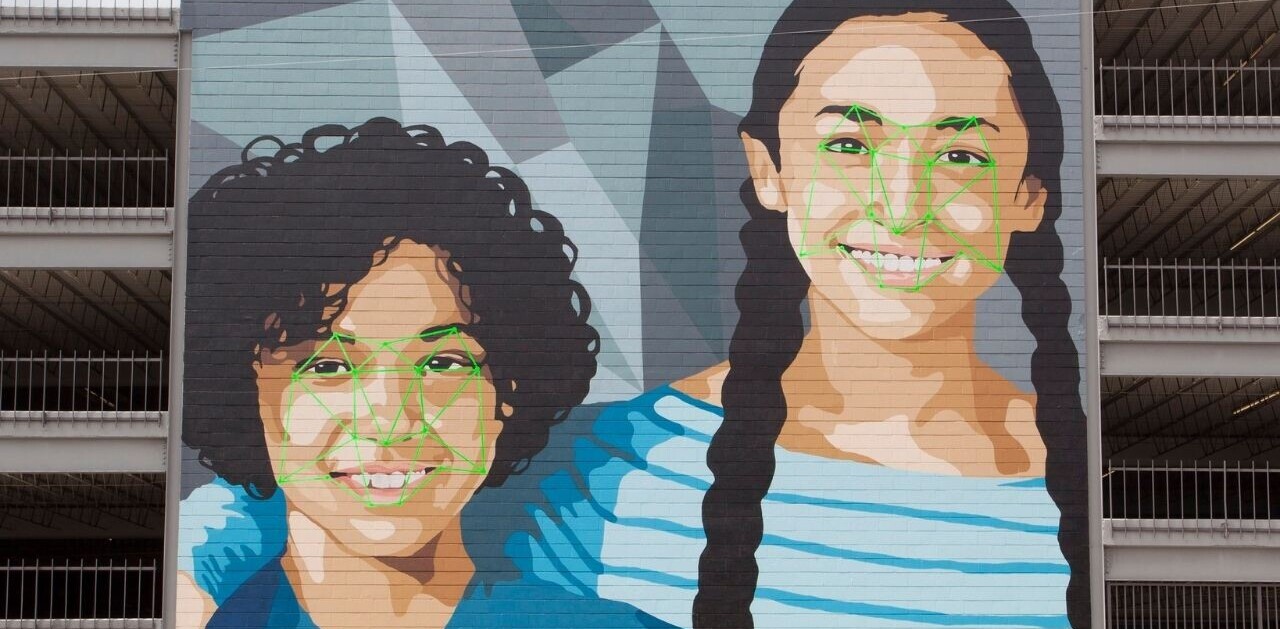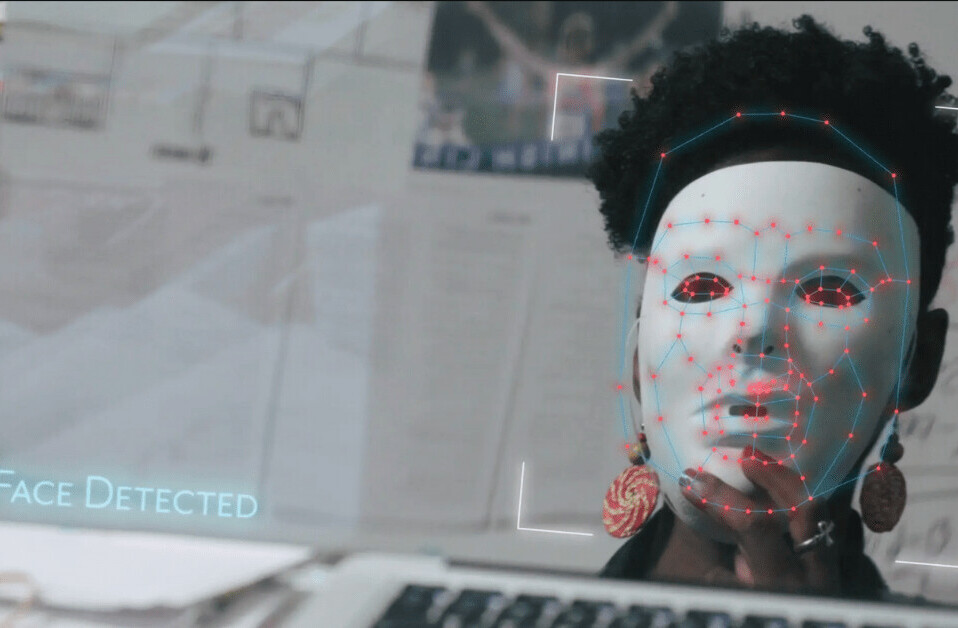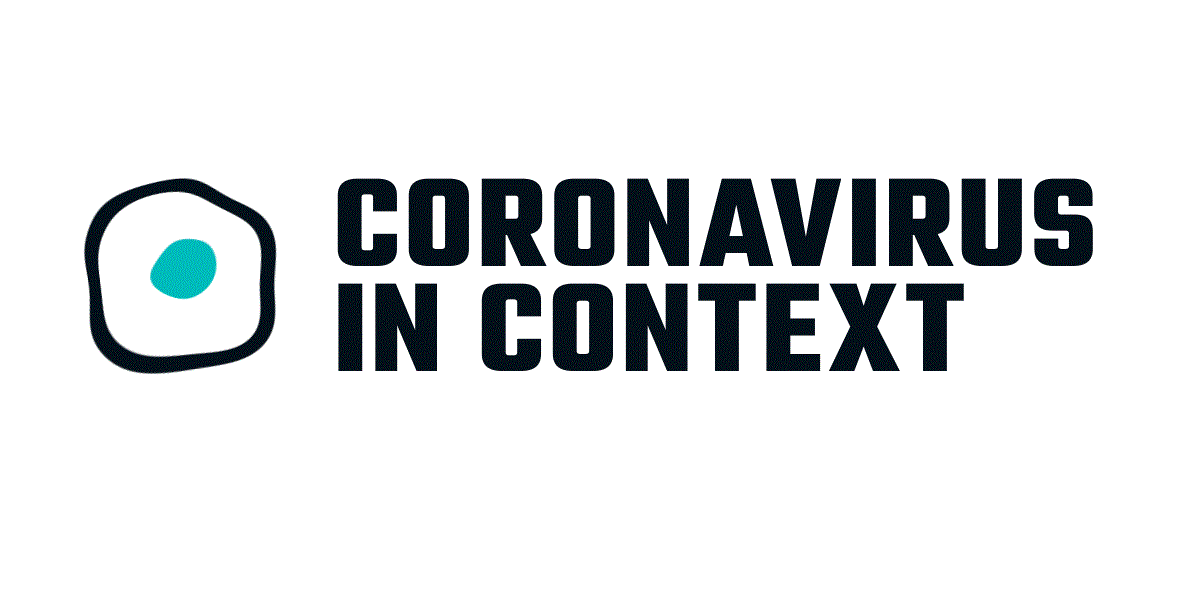
Subscribe to our monthly Byte Me newsletter NOW!
Welcome back to Byte Me, our feminist newsletter that makes everyone mad <3
We’re skipping our own personal updates this week, and are instead linking to some resources on learning about racism, systematic oppression, and allyship:
- This Black Lives Matter database of ways to educate yourself and help the cause
- The New York Times’ anti-racist reading list and list of books that can help you explain racism and protest to your kids
- Patia’s Fantasy World’s exhaustive database of anti-racist resources, including information on legal funds, racism in the workplace, bail funds, and more
- Los Angeles Times’ story on how white people can be a good ally during protests
- Highsnobiety’s guide on how to support the Black Lives Matter movement from Europe
- The Independent’s guide on how to support anti-racist organizations in the UK if you can’t donate
- Product Hunt’s Twitter thread on black-founded products, services, and projects
- Vulture’s list of documentaries you should watch about racism and police brutality in America
- Jstor’s free syllabus on institutionalized racism
- Ta Nehisi-Coates’ seminal text for The Atlantic, “The Case for Reparations”
- VentureBeat’s list of essential reading and research on race and tech
- Alijah Webb’s Google Drive of black revolutionary texts
- The Black Curriculum’s #TBH365 campaign to incorporate black lived experiences into UK school curriculums
- SZA’s Twitter thread on supporting black-owned local businesses that have been affected by the protests
If you’re joining protests, we’ve made several guides on keeping your personal data safe while on the ground, how to quickly disable your iPhone’s metrics if you’re arrested, how to turn off your location services on iOS and Android, and how to blur faces and strip metadata from photos.
This list is not a complete one, but has resources we’ve personally found helpful. Please let us know if you have a resource you think we and others need to see!
[Also read our previous issue: Byte Me #15: Objectifying men, pandemic parenting, and mindful masturbation]
We’re also skipping the misogynistic tweets for now — here’s this month’s illustration from our gloriously gifted designer, Saïna:

the bloody news
- Model and transgender activist Munroe Bergdorf is accusing L’Oréal of racial hypocrisy. They fired the model from a campaign in 2017 after she spoke out about the white nationalist rallies in Charlottesville. Yet now L’Oréal is promoting “speaking out” on their Instagram. (The Guardian)
It’s not adding up @Loreal??? pic.twitter.com/T7YPHDiRPM
— Chanté said ABOLISH THE POLICE ????? (@ChantayyJayy) June 1, 2020
- Resurfacing this essay from Pulitzer-winning journalist, Nikole Hannah-Jones, “The grief that white Americans can’t share.”
- We really enjoyed this conversation between Janelle Monáe and Cheers‘ La’Darius Marshall on identity, mental health, and integrity. (The Cut)
- Speaking of Janelle Monáe, here’s her cover story for last month’s Vanity Fair: “There can be a real uprising… The majority of us do not want to continue to see things be the way that they are.”

Credit: Vanity Fair Credit: Vanity Fair - Black Lives Matter protesters aren’t being tracked with COVID-19 surveillance tech — yet. (The Correspondent)
- Christabel Nsiah-Buadi for The Independent: “I was pregnant when Trayvon Martin was killed. This week, I had to watch my seven-year-old learn about George Floyd over Zoom.”
- Breonna Taylor was shot and killed by police in her home in March as part of an (illegal) drug raid. She’s not an anomaly: tens of thousands more innocent black and Latino people could be targeted in raids this year, Mother Jones reports.
- Voter turnout to recent primaries has increased past 2016 levels, seeing historic wins for women of color. One of the women making history is Ella Jones, who has just been voted in as the first black mayor of Ferguson, Missouri. (The New York Times)
- Kemi Alemoru for gal-dem asks: “What should we do with videos of police brutality?”
- Keisha Lance Bottoms wrote an op-ed for The New York Times about how she can’t protect her son from police violence, even though she’s the mayor of Atlanta.
- This month’s British Vogue will star 3 essential workers: Narguis Horsford, a train driver, Rachel Millar, a midwife, and Anisa Omar, a supermarket assistant.

Credit: Vogue Read the cover story here, and watch the short video documenting a day in their lives here.
that’s what they said
Social media has undeniably been a crucial part of spreading the truth of George Floyd’s death, as well as the Black Lives Matter movement at large. But some social media practices hurt more than they help.
This month, we’re going to defer to four New York Times staffers — Jasmine Howard, Tariro Mzezewa, Lindsey Underwood, and Caity Weaver — who discussed Instagram’s #BlackoutTuesday.
We’ve included some quotes from their chat below, but would recommend you read the full thing on the NYT site.
Lindsey: I don’t post on Instagram often, but today I felt a pull to post. My feed was flooded with black squares, but I just couldn’t pull the trigger. I felt conflicted about seeing so many of my white friends — who may have great intentions — posting the blackout. I just imagine some level of satisfaction they may feel that they “spoke out,” but I’m not sure what it really accomplishes.
Tariro: We’ve all seen performative and insincere allyship in the days since George Floyd died in police custody, and some of us may come at something like this with some degree of skepticism.
Jasmine: I’ve seen a few posts where I’m like, “I would’ve rather you’d done nothing.”
Caity: My initial reaction was: This feels sort of empty. A couple of my black friends posted the squares, but the vast majority of people who did it on my feeds were white. Non-black people of color seemed to be split.
Tariro: Also, guys, BRANDS! Brands love the square!
Caity: I love holding brands accountable financially. I’m glad record companies are making donations today. But also: I don’t look to brands for inspiration, news, or guidance.
You can check out their full conversation here.
For more discussions you should listen to this week, here are some incredible podcasts:
- 1619 — Created by Pulitzer-winning journalist Nikole Hannah-Jones, this podcast is part of a broader editorial project from The New York Times, which aims to “reframe the country’s history by placing the consequences of slavery and the contributions of black Americans at the very center of our national narrative.” The podcast is excellent.
- The Read — Hosted by Kid Fury and Crissle, two black, queer media personalities that put out this hilarious, politically-charged, and articulate discussion of everything from police brutality to hip-hop culture and personal advice once a week. Started in 2013, this podcast is one of the original greats — and Gigi’s all time favorite. Check out the latest episode here.
- Still Processing — Another NYT podcast! Still Processing is hosted by Jenna Wortham and Wesley Morris, two NYT culture writers. Each week they pick apart a piece of culture in a highly intellectual way. We especially loved this episode where they compared Jordan Peele’s Us to Toni Morrison’s Beloved.
- Bobo and Flex — This cross-continental podcast is hosted by two friends “on a quest to decolonize our minds, intersect our feminism, but most importantly, give us all the tools necessary to stay away problematic boys!” You can listen to their latest episode here.
- Code Switch — This episode of NPR’s Code Switch podcast is a thought-provoking interview with Alex S. Vitale (who wrote the 2017 book The End of Policing) about why we don’t need law enforcement as much as we think.
the best advice
In this section, we ask women much smarter than us about the best piece of professional advice they’ve ever received.
This months’ advice comes from Dr. Jacqueline Copeland-Carson, the COO, and Brenda Darden Wilkerson, President and CEO of AnitaB.org, an organization that connects, inspires, and strives for greater equality for women technologists in business, academia, and government.

Brenda D Wilkerson — “The best advice was ‘Do you, Brenda.’ Especially as a Black female in tech, this is often hard when so many times the culture seeks to erase difference. The sad thing is the very thing that brings about innovation in so many instances is the empathy of each person’s experiences. So bringing authentically my perspective to the conversation, especially if it’s different, is the best thing I can do for the project or team I’m on to help us make sure all bases are covered.”
J. Copeland-Carson — “Best advice was to seek excellence but remember you can’t have it all at the same time; and ways to always keep career alive while caring for yourself and others. Also, building ladders of opportunity for others is the best way to propel opportunities for yourself.”
You can read the whole of Copeland-Carson and Wilkerson’s AMA here.
What do you think of Byte Me? Love it? Tell us. Hate it? Tell us — as female journalists we love hate mail.
<3 The TNW shrews
Cara (cara@thenextweb.com)
Anouk (anouk@thenextweb.com)
& Georgina (georgina@thenextweb.com)
Get the TNW newsletter
Get the most important tech news in your inbox each week.







